"The proposed new legislation would also exempt journalists, human rights activists and NGOs from - in the text's wording - manifestly unfounded or abusive legal proceedings (known collectively as SLAPP - strategic lawsuits against public participation). The main argument behind the legislation is that such proceedings would jeopardize their public participation, and could thus be immediately terminated by the court, the constitutional lawyer and legal expert said. The new regulation in question was recently submitted to the European Parliament (EP), where it was passed with 493 voting in favor, 33 against and 105 abstentions. EU Commissioner for Transparency and Values Vera Jourova argued in favor of the proposal, saying that these measures would help protect those who take risks and speak out when the public interest is at stake - for example when it comes to "allegations of money laundering and corruption".
From this perspective, the proposal is not unique, as journalists are already protected in several member states
the legal expert at the Szazadveg research institute pointed out, stressing that in Hungary, for example, at the initiative of ruling Fidesz party, no one who commits defamation or libel in the press can be punished with imprisonment, except in certain rare blatantly gross cases.
NGOs placed above the law
For NGOs, however, the situation is different. "The positive discrimination of foreign-funded entities, often seen in the United States as agent organisations or political pressure groups, raises sovereignty issues," Dr Lomnici Jr said. The suspicion of personalized legislation also arises, the legal expert noted, explaining that
in its proposal for creating the new EU directive, the EP is relying mostly on the rule of law reports prepared by NGOs.
Several of the suspects in the Brussels corruption scandal which erupted last December - such as Niccolo Figa-Talamanca and Antonio Panzeri - influenced MEPs through NGOs and are also suspected of laundering payments from third countries for their lobbying activity through the NGOs. The EP proposal also raises questions in this regard.
Putting NGOs above the law and justice could legalize their already existing abuses, overriding the legal norms of the community. And this new type of power could be wielded to legitimize certain forms of corruption,
the legal expert said.
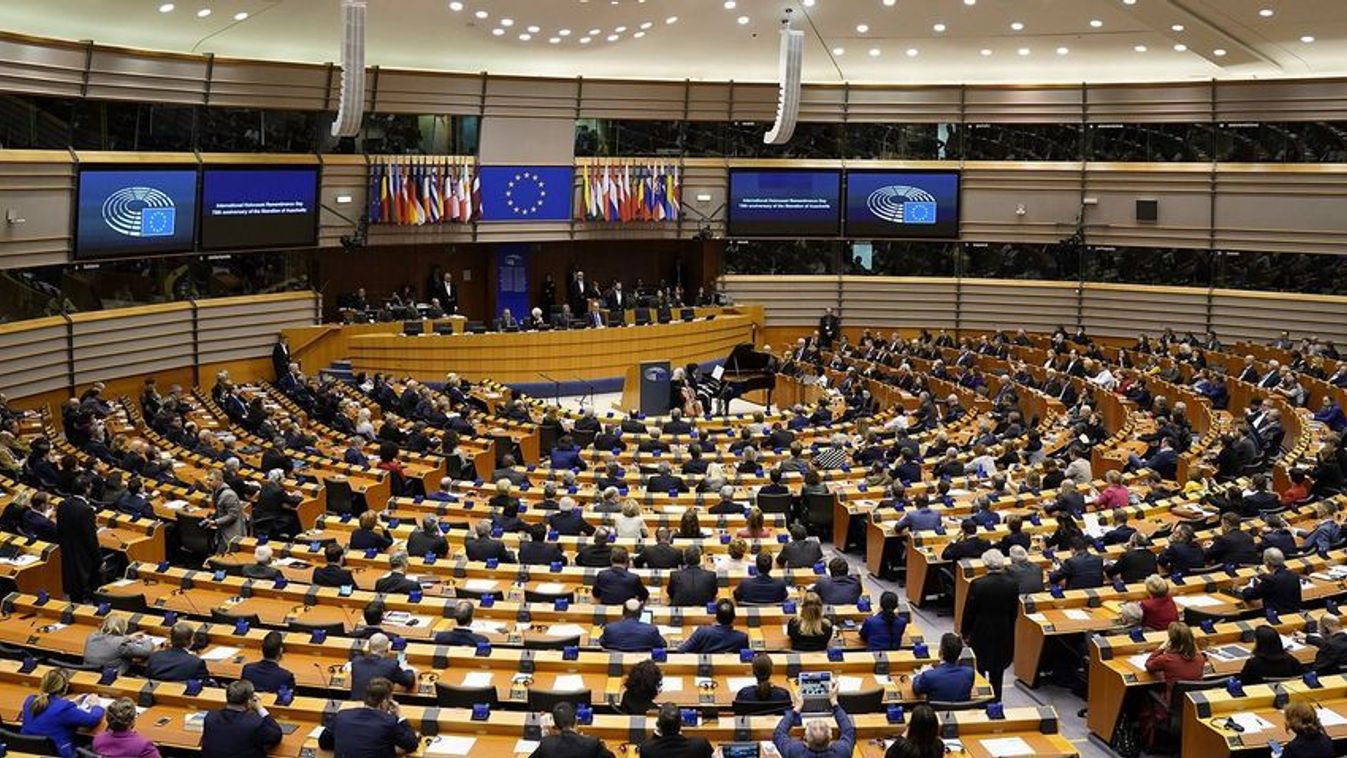





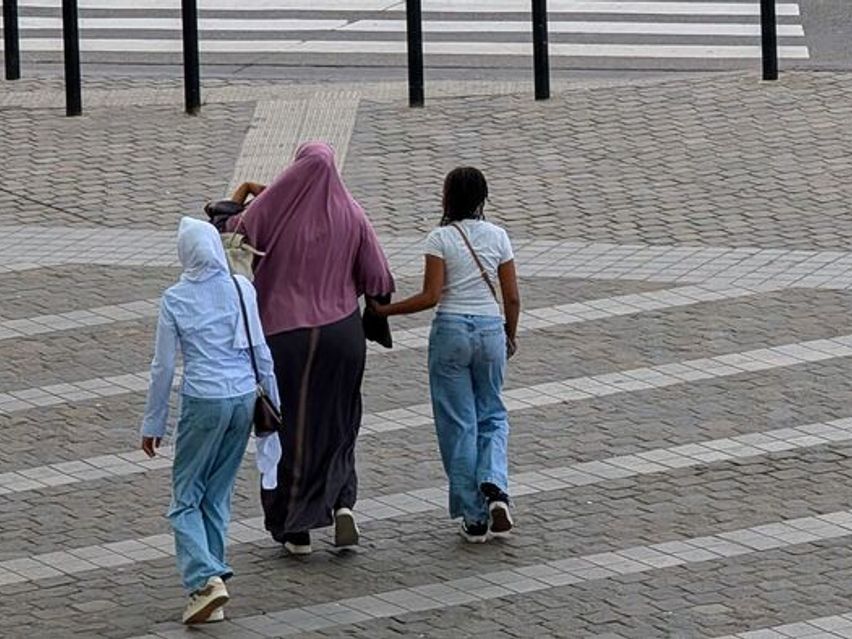
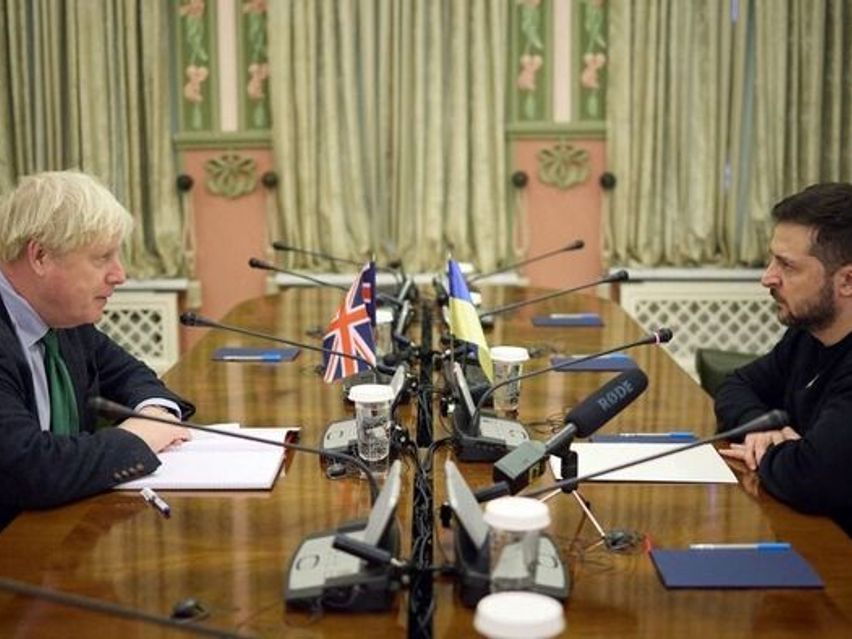
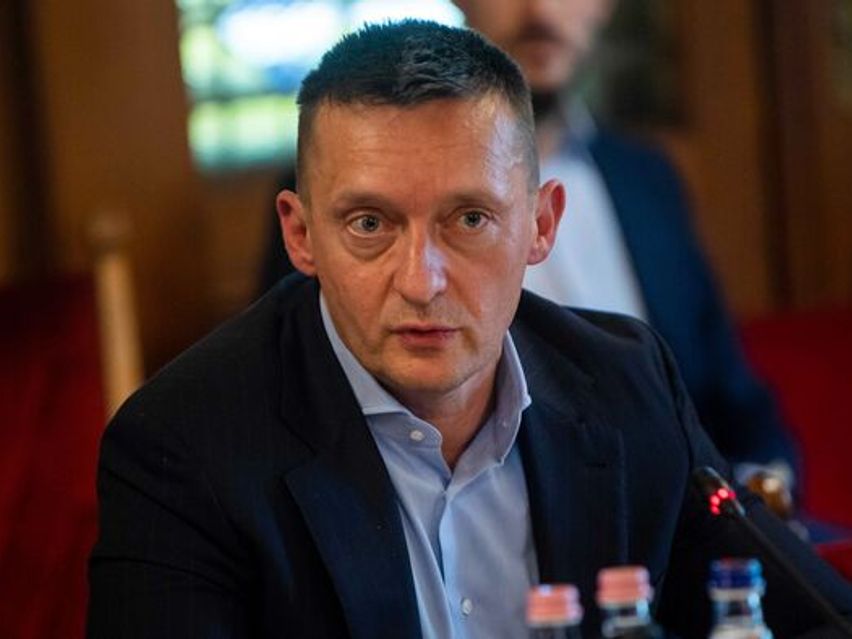
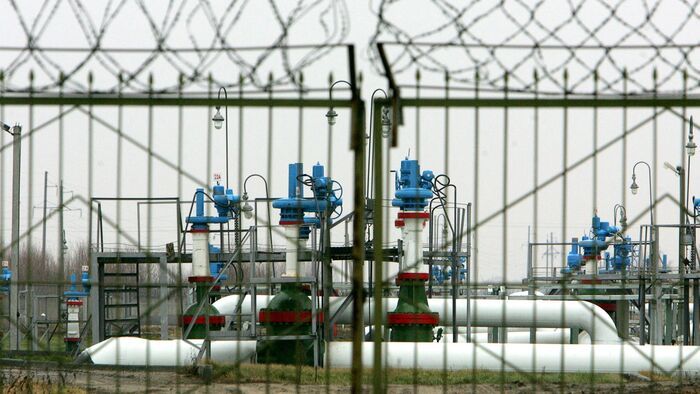





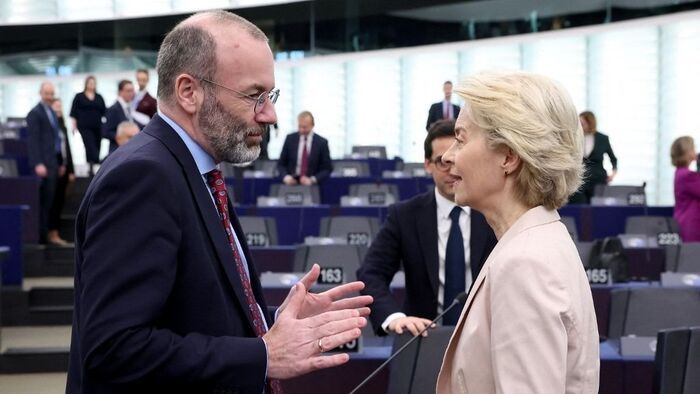
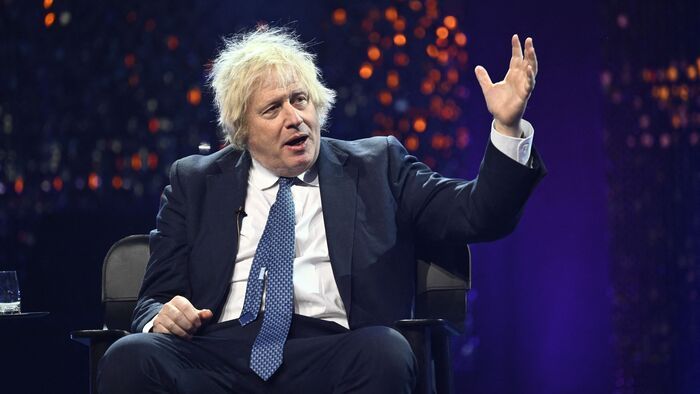


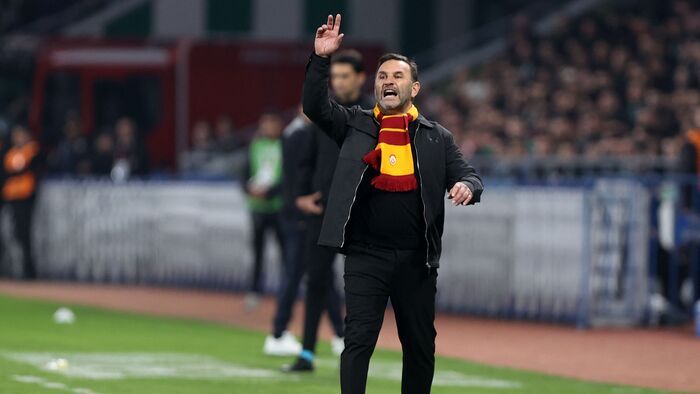

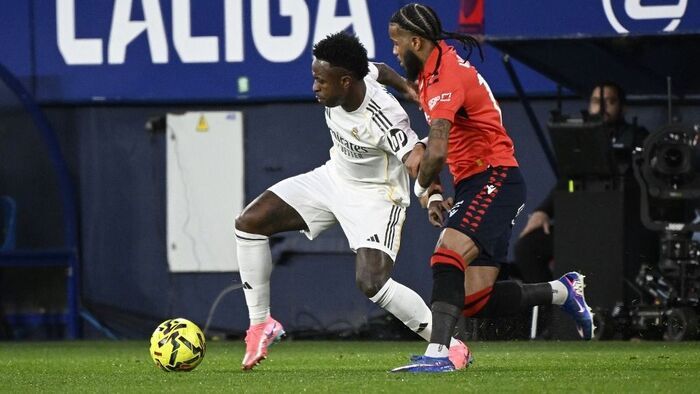

Szóljon hozzá!
Jelenleg csak a hozzászólások egy kis részét látja. Hozzászóláshoz és a további kommentek megtekintéséhez lépjen be, vagy regisztráljon!